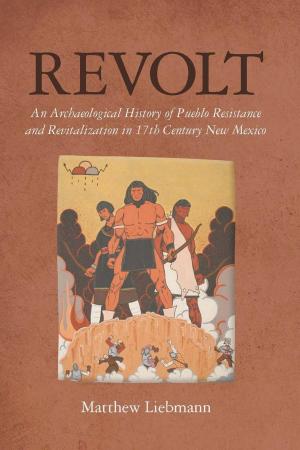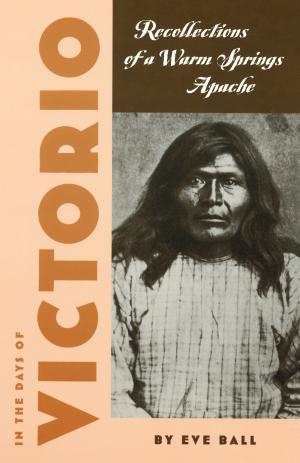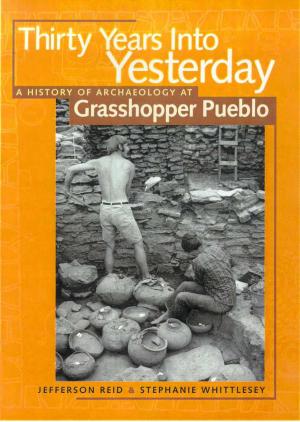Knowing the Day, Knowing the World
Engaging Amerindian Thought in Public Archaeology
Nonfiction, Social & Cultural Studies, Social Science, Archaeology, Anthropology| Author: | Lesley Green, David R. Green | ISBN: | 9780816599059 |
| Publisher: | University of Arizona Press | Publication: | December 5, 2013 |
| Imprint: | University of Arizona Press | Language: | English |
| Author: | Lesley Green, David R. Green |
| ISBN: | 9780816599059 |
| Publisher: | University of Arizona Press |
| Publication: | December 5, 2013 |
| Imprint: | University of Arizona Press |
| Language: | English |
Based on more than a decade of research in Palikur lands known as Arukwa in the state of Amapá, Brazil, Knowing the Day, Knowing the World reconsiders the dialogue between formal scholarship and Amerindian ways of knowing. Beginning and ending with a public archaeology project in the region, the book engages head-on with Amerindian ways of thinking about space, time, and personhood. Demonstrating that Palikur knowledges are based on movement and a careful theorization of what it means to be present in a place, the book makes a sustained case for engaging with different ways of knowing. It shows how this kind of research can generate rich dialogues about nature, reality, and the ethical production of knowledge.
The structure of the book reflects a gradual comprehension of Palikur ways of knowing during the course of field research. The text enters into the ethnographic material from the perspective of familiar disciplines—history, geography, astronomy, geometry, and philosophy—and explores the junctures in which conventional disciplinary frameworks cannot adequately convey Palikur understandings. Beginning with reflections on questions of personhood, ethics, and ethnicity, the authors rethink assumptions about history and geography. They learn and recount an alternative way of thinking about astronomy from the Palikur astronomical narratives, and they show how topological concepts embedded in everyday Palikur speech extend to different ways of conceptualizing landscape. In conclusion, they reflect on the challenges of comprehending alternative cosmologies and consider the insights that come from allowing ethnographic material to pose questions of modernist frameworks.
Based on more than a decade of research in Palikur lands known as Arukwa in the state of Amapá, Brazil, Knowing the Day, Knowing the World reconsiders the dialogue between formal scholarship and Amerindian ways of knowing. Beginning and ending with a public archaeology project in the region, the book engages head-on with Amerindian ways of thinking about space, time, and personhood. Demonstrating that Palikur knowledges are based on movement and a careful theorization of what it means to be present in a place, the book makes a sustained case for engaging with different ways of knowing. It shows how this kind of research can generate rich dialogues about nature, reality, and the ethical production of knowledge.
The structure of the book reflects a gradual comprehension of Palikur ways of knowing during the course of field research. The text enters into the ethnographic material from the perspective of familiar disciplines—history, geography, astronomy, geometry, and philosophy—and explores the junctures in which conventional disciplinary frameworks cannot adequately convey Palikur understandings. Beginning with reflections on questions of personhood, ethics, and ethnicity, the authors rethink assumptions about history and geography. They learn and recount an alternative way of thinking about astronomy from the Palikur astronomical narratives, and they show how topological concepts embedded in everyday Palikur speech extend to different ways of conceptualizing landscape. In conclusion, they reflect on the challenges of comprehending alternative cosmologies and consider the insights that come from allowing ethnographic material to pose questions of modernist frameworks.















